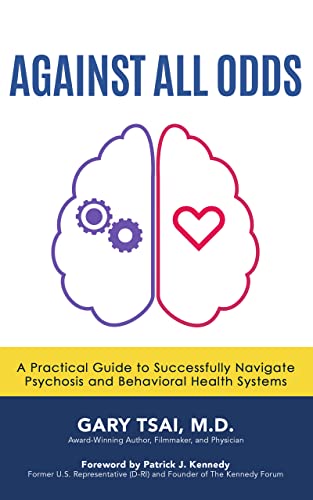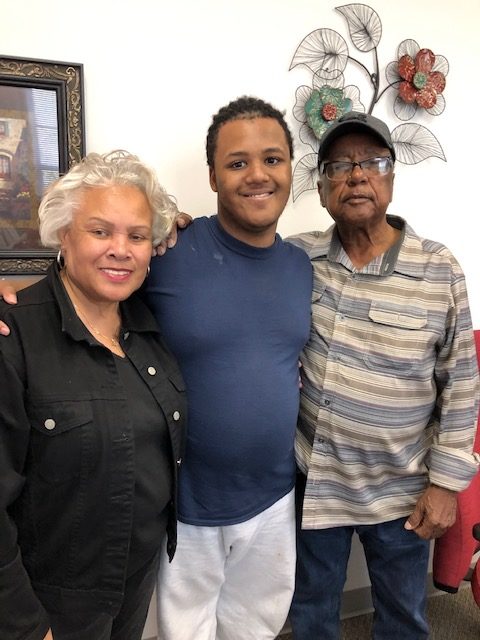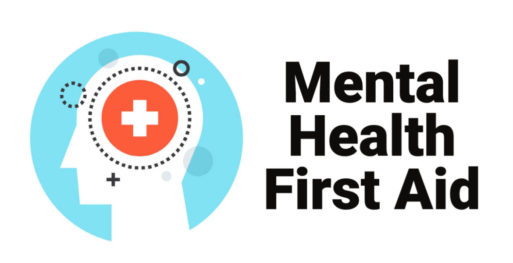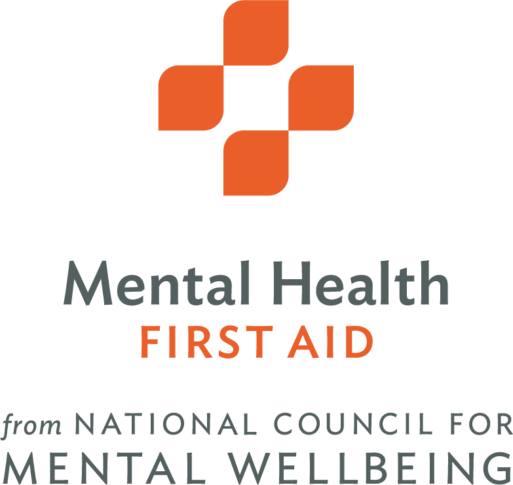
(8-3-22) Summer is prime reading time and although books about mental illnesses are not usually on a beach read list, I have asked the authors of books that have crossed my desk recently to tell us why they wrote their book and give us a sample chapter.
Against All Odds: A Practical Guide to Successfully Navigate Psychosis and Behavioral Health Systems
By Gary Tsai, M.D. (Book website: click here.)
For nearly three decades, my family struggled to get help for my mom. She was a loving mother and brilliant scientist, and happened to have schizophrenia and anosognosia, a condition whereby the area of the brain responsible for self-reflection is damaged, causing someone to lack awareness of their condition.
Unsurprisingly, it was extraordinarily difficult to get her to agree to accept treatment for a condition she fundamentally did not believe she had.
More surprisingly, since this is a rather common phenomenon that affects 40 – 50% of people with serious mental illness, the system responsible for providing care for her was not designed to do so and seemed nearly impossible to access. While in most areas of healthcare, the quicker and easier it is to access services the more severe the condition is, we quickly found out that the opposite was true in mental health systems.Click to continue…




 (7-1-22) Stories about the Ken Burn’s documentary,
(7-1-22) Stories about the Ken Burn’s documentary, 

